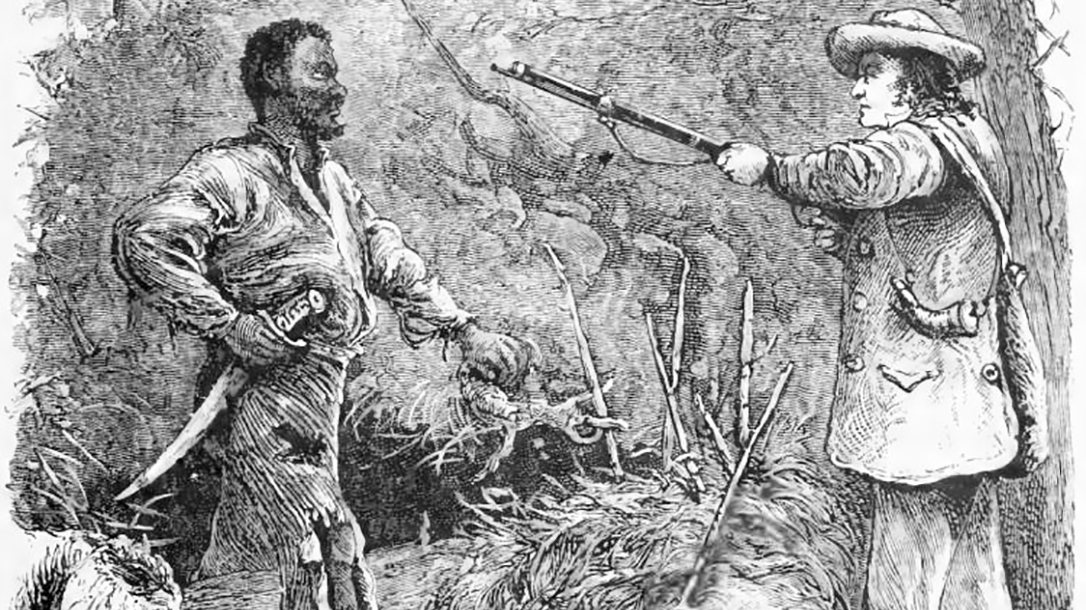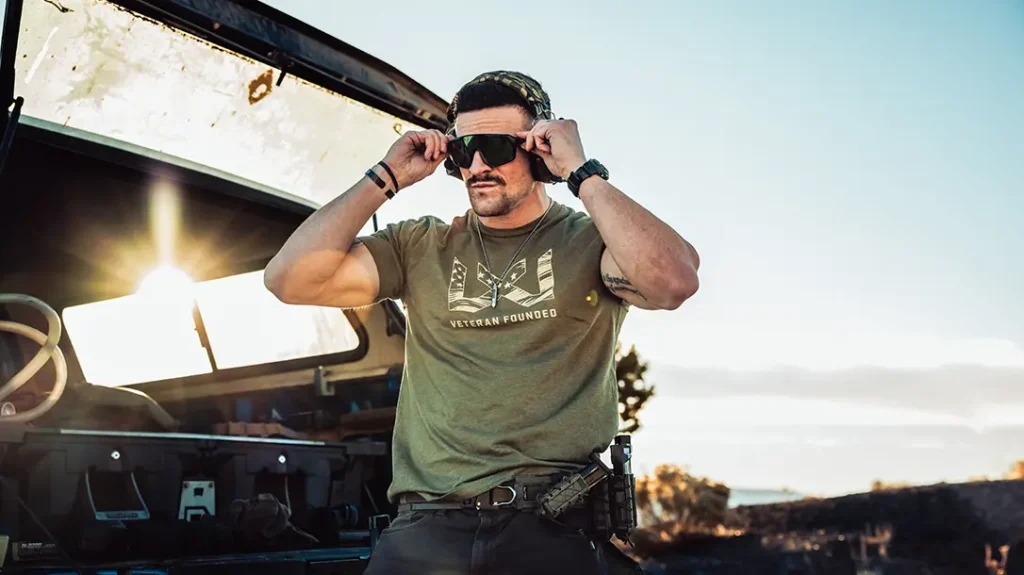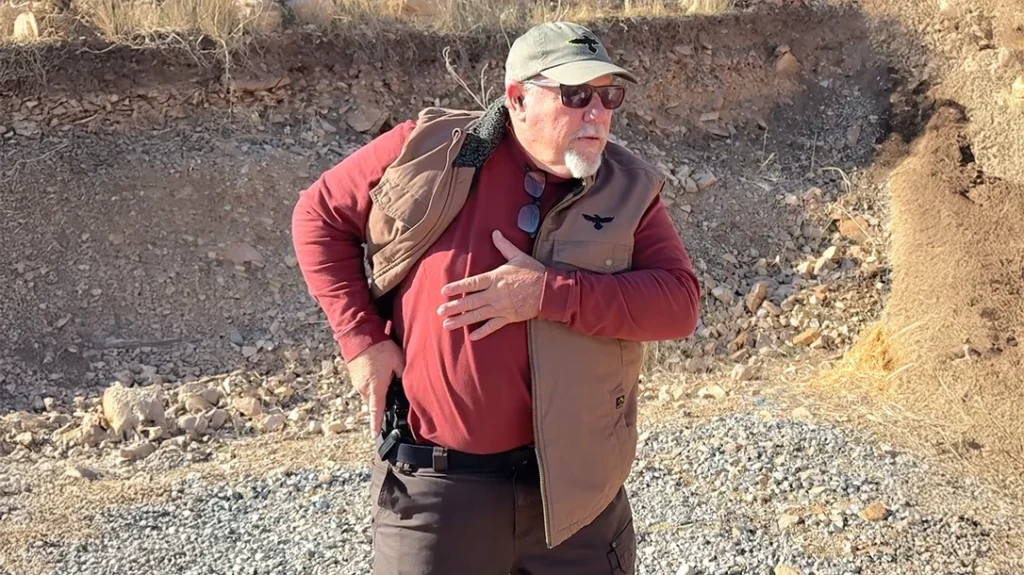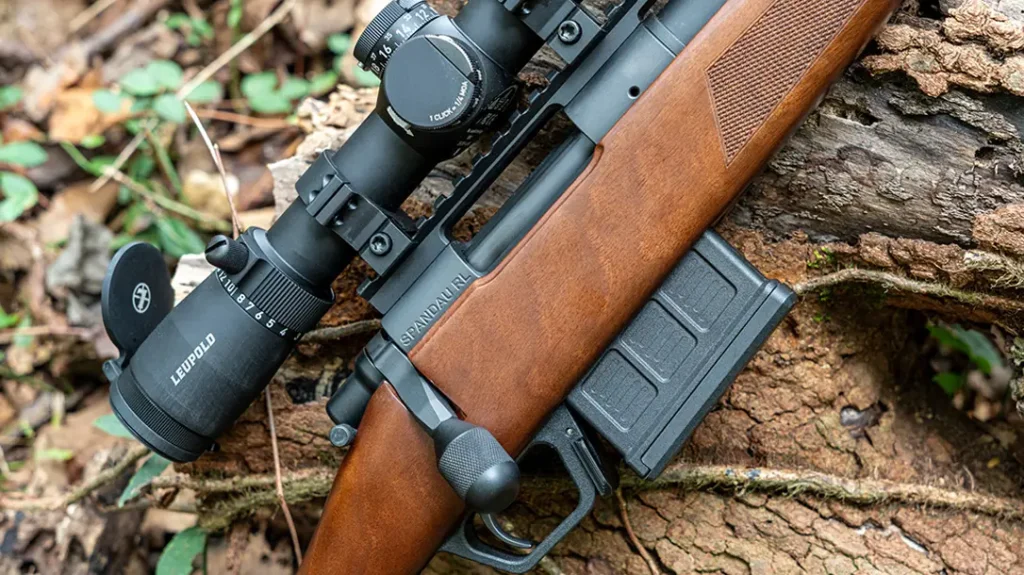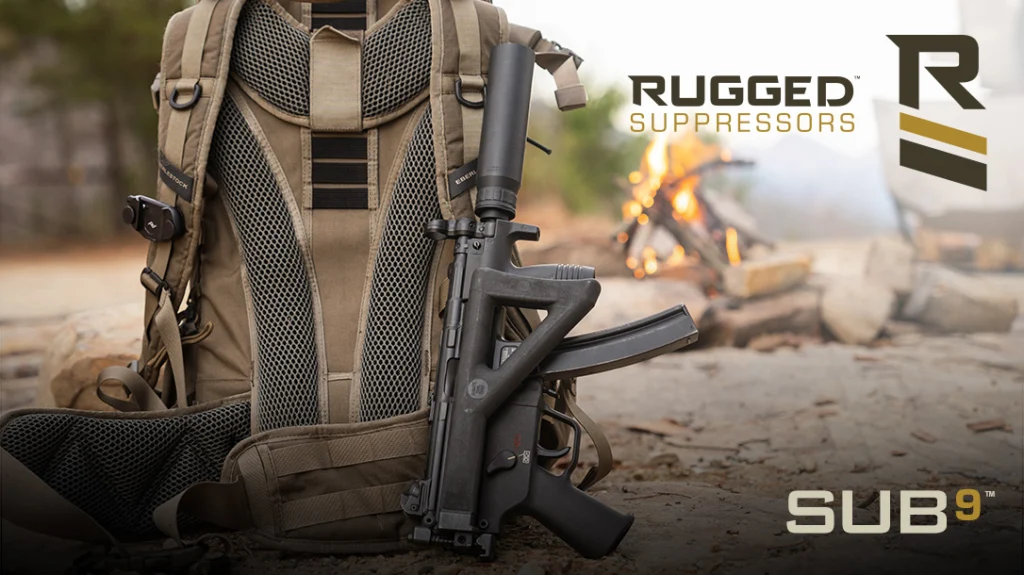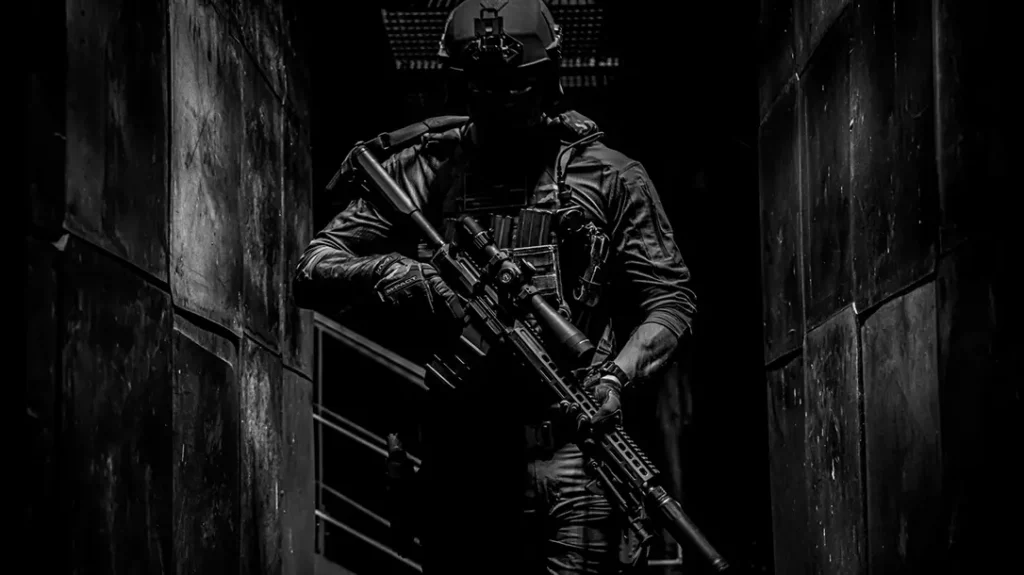In a time when all-encompassing freedom was the hot topic, the idea of everyone being able to own a firearm was the standard. The right of citizens to arm themselves was not only widely accepted but encouraged. The writing of the Second Amendment was for all Americans and has no implicit racial bias. Then gun control came along, which was clearly racist on its face and targeted people of color specifically.
A Look at the Racist Roots of Gun Control
Our Founding Fathers knew that tyranny would have a tough time rearing its ugly head if an entire country was armed to protect themselves from it happening again. Hence why citizens in countries like North Korea cannot arm themselves or carry a gun of any kind.
The Founding Fathers trusted that the majority of its citizens would hold this right in high regard, respecting it by treating it with care and not using it for anything other than its intended purpose. With the right to life comes the right to protect it from anything, even one’s own government. And gun ownership is a big part of that right.
Advertisement — Continue Reading Below
This, of course, was largely celebrated by U.S. citizens. It offered them a guarantee they had never known before. Not to mention a chance to trust that the government would uphold the ideal of never becoming too powerful. If it ever did, it would meet fierce opposition.
A History of Gun Control
People like to throw around the idea that gun legislation is “well-intentioned” and meant to “reduce violence.” Is that the reality? No. Since its inception, firearm regulation is meant to control societal groups masked within the politically correct façade of “public safety.”
The premise of gun control was initiated before the United States even formed. We can thank the south (ironically) and specifically the colony of Virginia for the first body of this type of legislation. Here’s a walk through the history of gun control in the U.S.
Advertisement — Continue Reading Below
1664
Virginia created the first act that kept “free” African Americans from owning or possessing firearms.
1712
Colony of South Carolina enacted the, “An Act for Better Ordering of Negroes and Slaves” — this act included language addressing firearm ownership by African Americans; nobody else.
Virginia also passed the, “An Act for Preventing Negroes Insurrections” — they really spelled it out here. This act revealed the true intent of this type of legislation: To prevent African Americans from arming themselves. Why? The white lawmakers feared a freed black American rebellion. To diffuse the threat, they disarmed them.
Advertisement — Continue Reading Below
1831
The threat of an African American rebellion became too much of a reality with the Nat Turner rebellion. Free African Americans and slaves partook in an uprising that killed an estimated 51 white people. According to History.com, approximately 80 slaves took part in the rebellion. The irony? They didn’t use any firearms. This event may be the catalyst for the requirement of a “firearms license.”
Post-rebellion colonies initiated a surge of gun legislation, with Democrat-controlled Delaware starting the trend in December of that same year by requiring free black men to have a license in order to have any weapon.
Democrat-controlled Maryland and Democrat-controlled Virginia took it a step further and passed more legislation that prohibited free African Americans from carrying guns. Likewise, Democrat-controlled Georgia one-upped the rest and completely banned free black people from owning any firearms at all.
Advertisement — Continue Reading Below
1844
When laws of this nature finally made their way to the Supreme Court for review, it only furthered the devastation of racism. In Whig/Democrat-controlled North Carolina the Supreme Court ruled in “State v. Newson” that these laws were not unconstitutional.
The same ruling came in another case in Georgia: Cooper v. Mayor of Savannah. In the Georgia case, the courts ruled, “free persons of color have never been recognized as citizens; they are not intended to bear arms.” This case pre-dates Dred Scott where in the ruling it basically said any African American within the U.S. is not considered an actual person.
I’m sure this made the states feel good about themselves at this point. They felt as though they accomplished their goal of suppressing the race they feared most. Even the wake of 1865 and the abolishment of slavery did not deter them. Even after the Civil War ended and the amendments of the constitution had been written and ratified, “Black Codes” on gun rights against African Americans were used in the southern states.
Advertisement — Continue Reading Below
A Shift
Toward the end of the 19th century, race-driven gun control legislation continued. The focus, however, shifted away from African Americans to immigrants. Anti-immigration is far from a new idea. History will continue to repeat itself when we live in a country that fails to learn and this topic is no different.
Human history, to me, is a lot like habits. We are creatures of habit. When we’re unaware of what our habits are, they control us. It is only when we get curious to know and understand them that we can change them. Similarly, we are notoriously bad at fixing habits just as we are at understanding human history, but I digress.
The northern states appeared not to be immune to prejudices toward immigrants. They began writing out gun restrictive legislation in the late 1800s when the influx of European immigrants arrived. It was made clear in both the northern and southern states that no firearm license may be given out to immigrants. Anti-immigration rhetoric characterized our new European hopefuls as being dangerous and clearly not “worthy” of citizenship.
Advertisement — Continue Reading Below
1968
The civil rights movement was in full swing when the next big piece of legislation pushed through on Capitol Hill; and no, this was not a coincidence. The “Gun Control Act of 1968” restricted the importation of military surplus weapons. These were considered to be “inexpensive” because there was such a large influx of these types post-Vietnam and World War II.
Now why on Earth would blocking “cheap” weapons from being transferred or purchased be so important? Well, obviously to suppress the poor and racial minorities from owning firearms. In this instance, the predominately poor communities were black. Not to mention the Black Panthers, a civil rights group, was making a splash by legally open carrying weapons of these types during its protests.
Final Thoughts
Gun control and restrictions are the opposite of progressive and have nothing to do with increases in gun violence. Likewise, mass shootings weren’t a thing then. They have roots with racist intentions. That doesn’t suddenly go away because everyone is allegedly “woke.” If anything, they are ignorant of those intentions because they are unaware of where they originated.
Advertisement — Continue Reading Below
If you’re an advocate for personal freedoms, you can’t pick and choose. Knee-jerk reactions and fear-driven legislation have set the precedent for “gun control” and it never came from a truly well-intentioned place. To this day, I don’t believe that has changed. In fact, outlets like the Los Angeles Times even show what gun control is really about. This comes at a time when black gun ownership is rapidly increasing.
“Those who would give up essential liberty to purchase a little temporary safety deserve neither liberty nor safety.” – Benjamin Franklin
